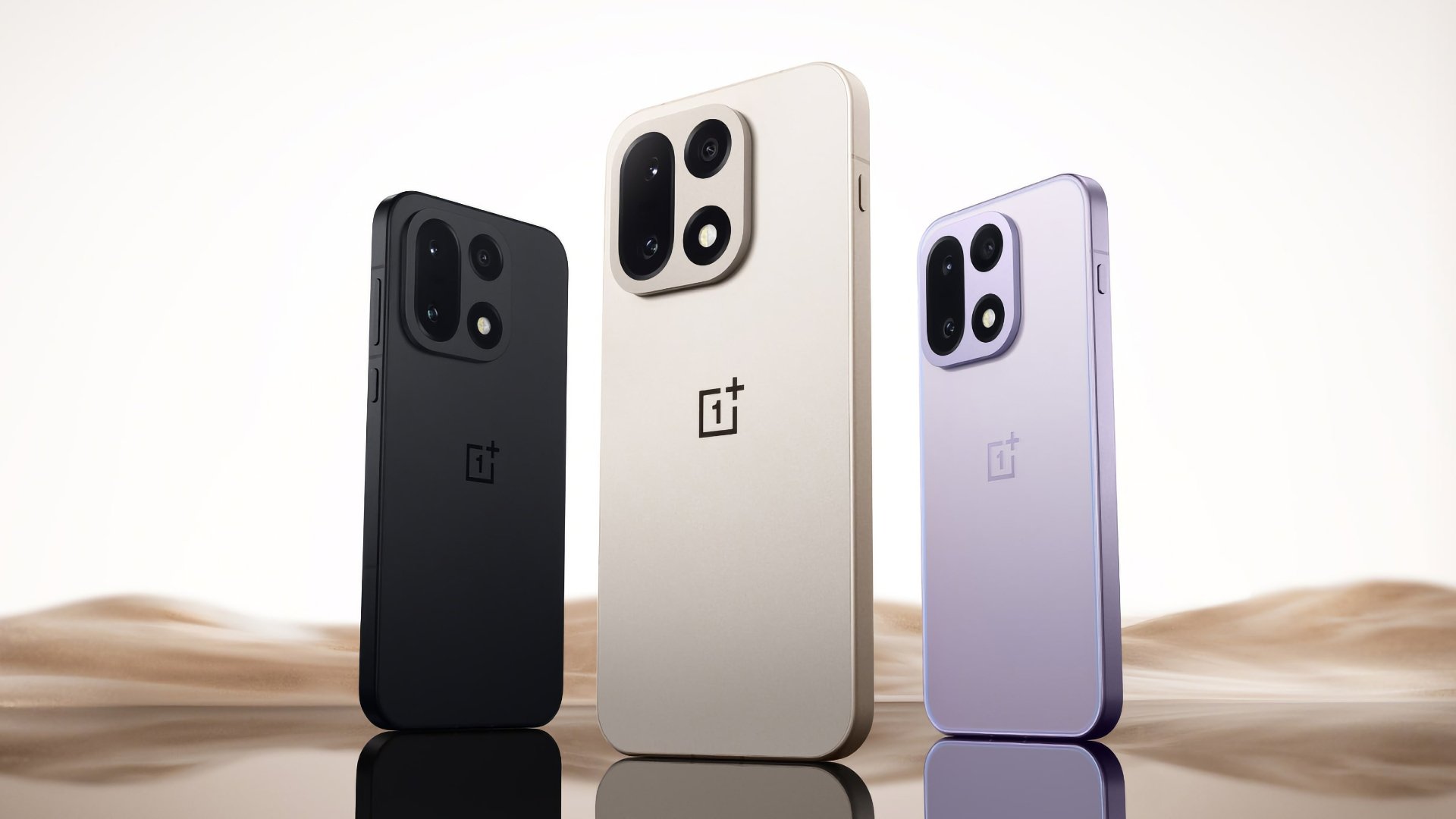Intermittent fasting involves alternating between eating and not eating. There are many generally accepted schedules for this type of fasting. For example, the 16/8 plan means that you only eat during an eight-hour window, then fast for the remaining 16 hours. Another popular option is the 5:2 diet. If you follow this, you eat normally for five days and then limit the amount of calories you consume for two days.
A new study published in the journal Nature found that when mice were allowed to eat again after fasting, the intestinal stem cells that help repair the gut became more active. The stem cells also regenerated better. This means that the body was better able to recover after fasting.
But it can also work in the opposite direction. If genetic mutations are present, increased stem cell turnover may contribute to cancer development. This has been demonstrated in mice. But in humans, the relationship between intermittent fasting and cancer risk is more complex and not fully understood.
Human studies show that intermittent fasting can reduce body weight, improve metabolism, reduce inflammation, and enhance cell repair. However, in other scientific articles, scientists warn that the benefits of intermittent fasting are the same as those gained from calorie restriction and that there is not enough evidence that fasting reduces a person’s risk of cancer.
For now, experts believe that intermittent fasting may be beneficial. However, more research is still needed to confirm this. The short-term benefits of fasting are well-documented: weight loss, improved overall health. However, scientists do not fully understand the long-term effects of this diet, especially when it comes to cancer risk and other immune-related issues.
News materials are not equivalent to a doctor’s prescription. Consult a specialist before making a decision.
Source: Ferra
I am a professional journalist and content creator with extensive experience writing for news websites. I currently work as an author at Gadget Onus, where I specialize in covering hot news topics. My written pieces have been published on some of the biggest media outlets around the world, including The Guardian and BBC News.











